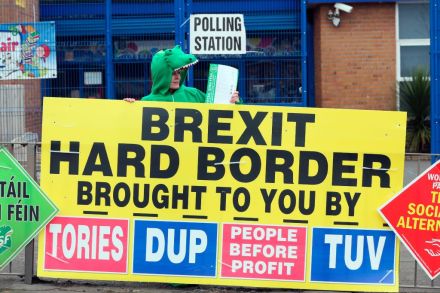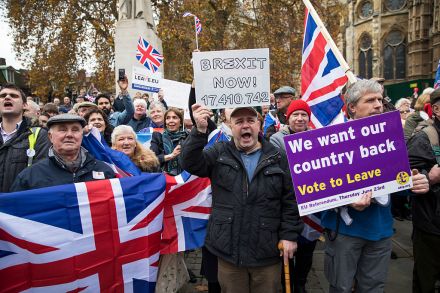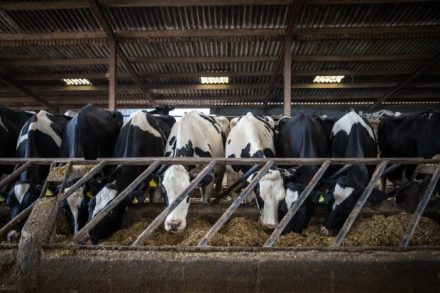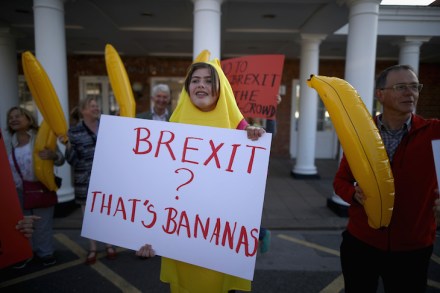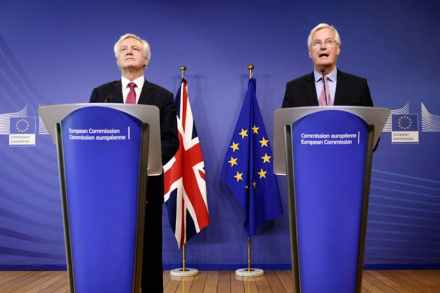Would you really want to be a farmer in 2017?
What does being ‘a farmer’ mean to you? For those that have experienced it, the job – or lifestyle, really – the answer might be early mornings, long days, and little pay. Others imagine farming to be more like living the good life. Perhaps that’s the reason why a recent report, commissioned by the Prince’s Countryside Trust, revealed that twenty five per cent of adults questioned quite like the sound of giving up their day job and taking up farming instead. The economics of the profession might make them think again, however. The most startling fact from the report is the gap between the general public’s estimates of a farmer’s



